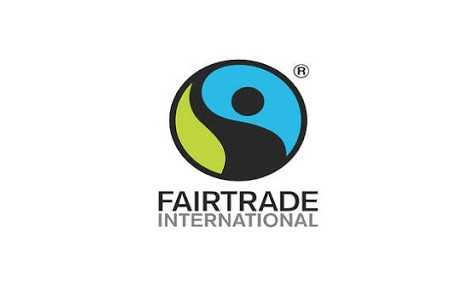BONN, Germany – Financial benefits from Fairtrade sales and numbers of producers in the Fairtrade system reached record levels in 2021, topping €200 million in Fairtrade Premium and two million farmers and workers, respectively, according to a set of monitoring reports released today by Fairtrade International.
The fourteenth edition of the reports highlight a full set of data including details of producer organisations and their farmer members and employees, hectares under Fairtrade certified cultivation, volumes sold across all products, and Fairtrade Premium earned.
By the end of 2021, 1,930 producer organisations had Fairtrade certification, representing 1.8 million farmer members and more than 181,000 employed workers, a total increase of four percent over 2020. While Latin America and the Caribbean region is home to 50 percent of all Fairtrade certified producer organisations, the majority of farmers and workers – almost seven out of ten – live in Africa and the Middle East.
More than 446,000 farmers and workers in the Fairtrade system were women in 2021. The share of women farmers who are part of Fairtrade certified organisations increased by three percentage points in 2021, from 17 to 20 percent. The percentage of women workers on hired labour organisations – including in flowers, tea and fresh fruit, among others – increased four percentage points to 45 percent.
Fairtrade Premium earnings across all products also reached a record high level, surpassing €200 million for the first time since 2019, and increasing by five percent over 2020. The Fairtrade Premium is an additional amount on top of the selling price that is paid to producer organisations, and which they democratically choose how to invest in their businesses and communities.
Within the system, farmers and workers are represented and supported by three regional producer networks covering Africa and the Middle East, Asia Pacific, and Latin America and the Caribbean. The regional monitoring reports released today delve deeper into the support provided by the Fairtrade producer networks, as well as motivations for certification and top challenges. In total, more than 720 producer organisations responded to the satisfaction surveys, conducted in 2022 about 2021 services.
In all regions, limited market to sell their Fairtrade produce was the top challenge cited by respondents, followed by climate change and access to loans or financial support.
Benefits that producers are seeking from certification focus first on price: guaranteed minimum price, additional premium to invest, and a better price for their produce. After that, technical assistance and training on good agricultural techniques, better working conditions, and more opportunities for women were also frequently mentioned.
Support to producer organisations encompasses a range of formats as well as topics (Fairtrade Standards, organisational strengthening, climate change adaptation and mitigation, and more). The regional reports document actions taken following training or support.
For instance, 57 percent of producer organisations in Latin America and the Caribbean that got support on market information or market development reported being able to access more buyers and maintain a portfolio of clients over time. In Africa and the Middle East, 74 percent of producer organisations that got training or support on climate change adaptation reported being able to strengthen their resilience to climate change impacts. In Asia Pacific, 82 percent of producer organisations that got training or support on gender and youth inclusion took action to increase women’s participation.

















